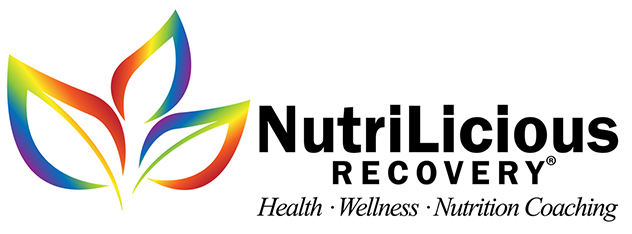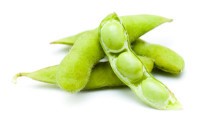Soy is very controversial – some won’t touch it, and others swear by its benefits. I don’t understand how this nutritious powerhouse got its bad reputation, so let’s uncover some truths about it.
Soy is a good source of protein, B vitamins, fiber, and minerals like potassium, calcium, and magnesium. It is one of the few plant-based complete protein, and is highly versatile, and can be cooked, fermented, & cultured to create more dishes and ingredients.
Soy & GMO?
Not all soy is a GMO, most soy food manufacturers use non-GMO organic soy. Most GMO in the U.S. is fed to livestock. By law all “organic” products in the U.S. exclude GMOs. If this is a concern for you, just make sure to choose organic soy products to ensure you are buying non-GMO soy.
Soy & Breast Cancer Links?
Because soy contains phytoestrogens, there are some concerns the phytoestrogens behave exactly like estrogens and stimulate tumors in breast tissue. But a phytoestrogen is not estrogen. And current research indicates soy decreases cancer risks, and lowers cancer recurrence rates.
- The Shanghai Women’s Health Study which followed 73,223 Chinese women for more than 7 years has been the largest and most detailed study of soy and breast cancer risk in a population with high soy consumption. In this study, women who ate the most soy had a 59% lower risk of premenopausal breast cancer compared with those who ate the lowest amounts of soy.
- Low soy consumption (vs high) helps too. Another research study suggests that women who have one serving of soymilk or tofu daily are 30 percent less likely to develop breast cancer.
- In another studywomen who ate more soy had 29 percent lower mortality rates and 36 percent lower recurrence rates.
- Further researchshows that the increased survival rate and decreased risk of cancer recurrence may be due to soy phytoestrogens’ effect on BRCA and other breast cancer genes (turning those tumor suppressor genes back “on”.)
Soy & Prostate Cancer Links?
Does soy decrease testosterone in men and eventually lead to prostate cancer? A meta-analysis shows that soy does not affect testosterone levels in men. In fact an analysis of 14 studies shows that an increased intake of soy actually reduced the risk of prostate cancer by 25%-30% depending on which soy products were consumed.
Recommended Forms & Quantities
Recommended forms are the ones less processed and fermented. Various forms of whole soy products include edamame and roasted soy-nuts. Minimally processed forms includes tofu and soymilk. Fermented products include tempeh, natto, and miso. Highly processed products include soy protein concentrates or isolates, soy cheese, and meat substitutes.
Like any food, I always advise moderation. For those that have thyroid or sensitivity issues, I advise a 4oz limitation daily. That’s enough to splash your tea or coffee once/day or have a few bites of tofu or soy nuts. For all others, the standard recommendation is 3 servings/day of whole or minimally processed organic soy.
A special note to menopausal women, the 4oz limit /day does seem to keep the menopausal symptoms at bay.



